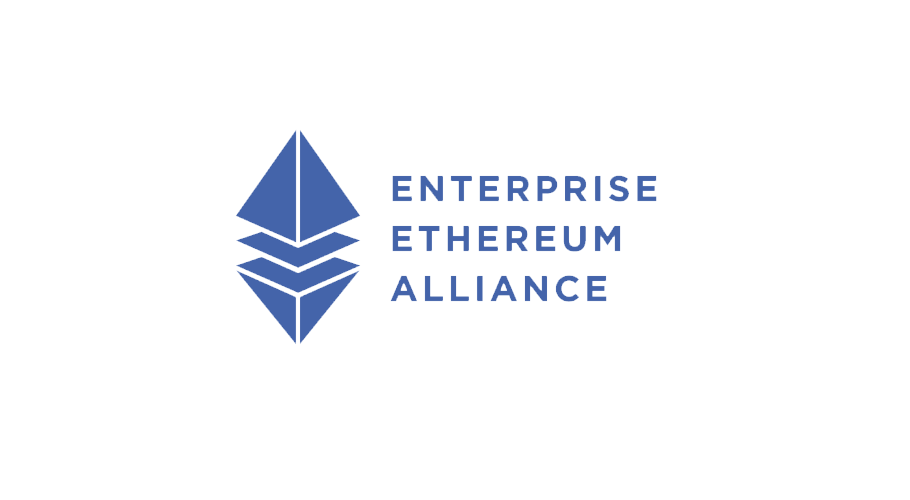The Enterprise Ethereum Alliance (EEA) today announced the publication of a detailed set of Enterprise Ethereum blockchain use cases for the real estate industry prepared by the EEA Real Estate Special Interest Group (SIG).
The document outlines the areas where EEA standards and Enterprise Ethereum blockchain technology implementations can transform the customer experience, speed up business transactions, and develop more efficient business models across the global real estate sector.
The EEA Real Estate SIG Use Case Overview represents several months of work by the group’s members, which include more than 50 global real estate leaders known for both innovation and accelerating the adoption of new real estate technology and standards.
The playbook features the following use cases:
- Token Securitization
- Land Registries and Cadastrals
- Token-Enabled Marketplaces
- Standardized Property Data
- Tokenization of Real Estate
- Sales Process Optimization
- Real Estate Management
- Property Identification, Listings, and Data
“This use case playbook is a direct result of the group’s mission to help define and educate how real estate leaders can play an active role in defining the blockchain standards of the future, ultimately reshaping the real estate ecosystem,” said EEA Real Estate SIG Chair Bastiaan Don, managing director, blockimmo. “We would like to thank all the members of the EEA Real Estate SIG for their extensive contributions. Our aim is that other global real estate leaders will join in our efforts to further define and expand upon this important work.”
Just like the internet opened up new ways to do business, blockchain promises to transform nearly every aspect of the real estate industry including property funding, development, ownership, and investment management.
“The real estate use case playbook will enable the EEA to define the specification building blocks needed to drive the next generation of Enterprise Ethereum real estate applications that, like the Internet, will work anywhere, and are capable of facilitating smart contracts without intermediaries,” said EEA Special Interest Group Evangelist Ken Fromm.
By outlining how standards-based Enterprise Ethereum applications can help create transparency and trust among users; reduce the risk of fraud; and lower frictions and transaction costs, the use cases document will aid the EEA Technical Specifications Task Force address real estate sector needs in its revision and expansion of the EEA’s Enterprise Ethereum Client Specification.






















